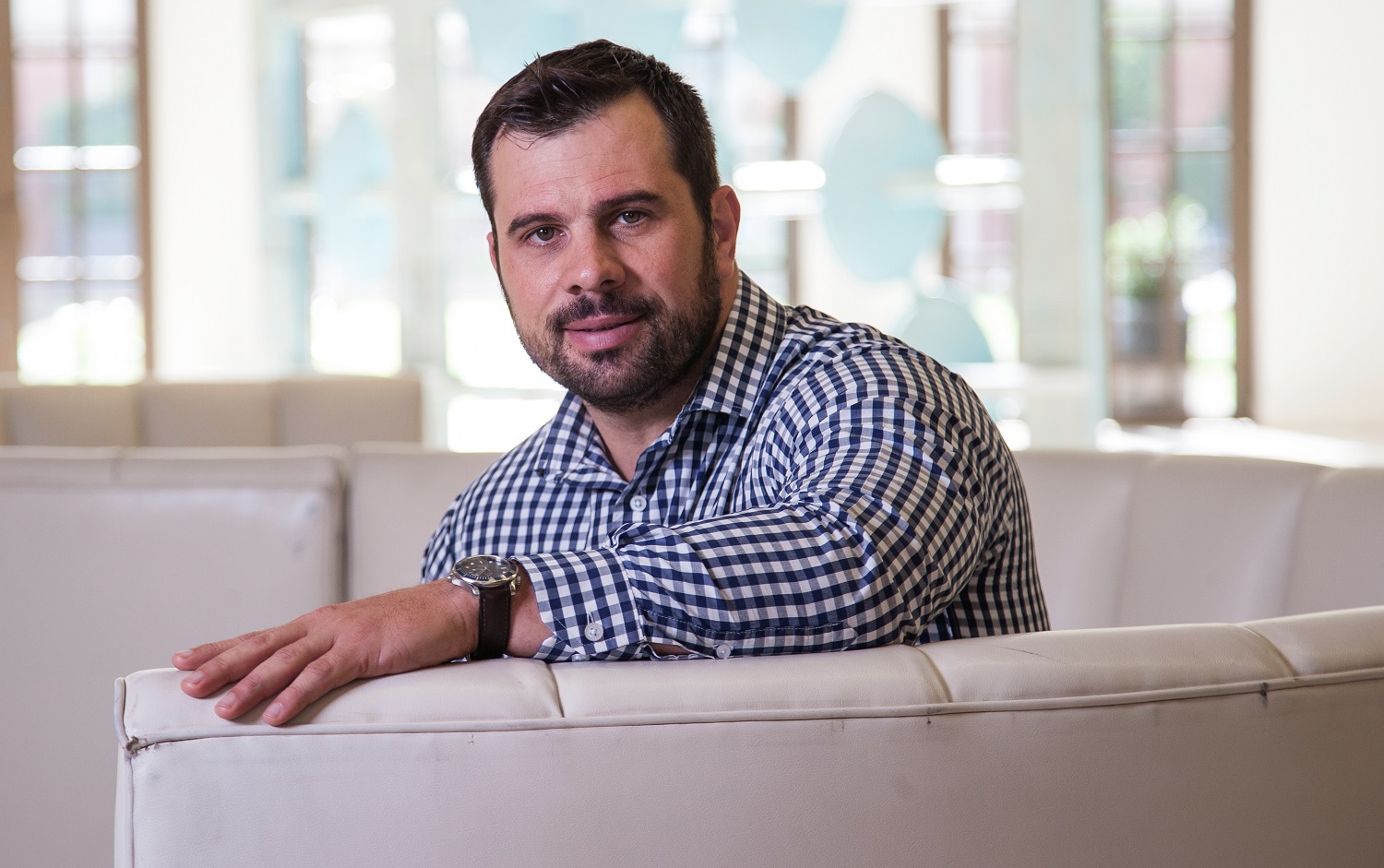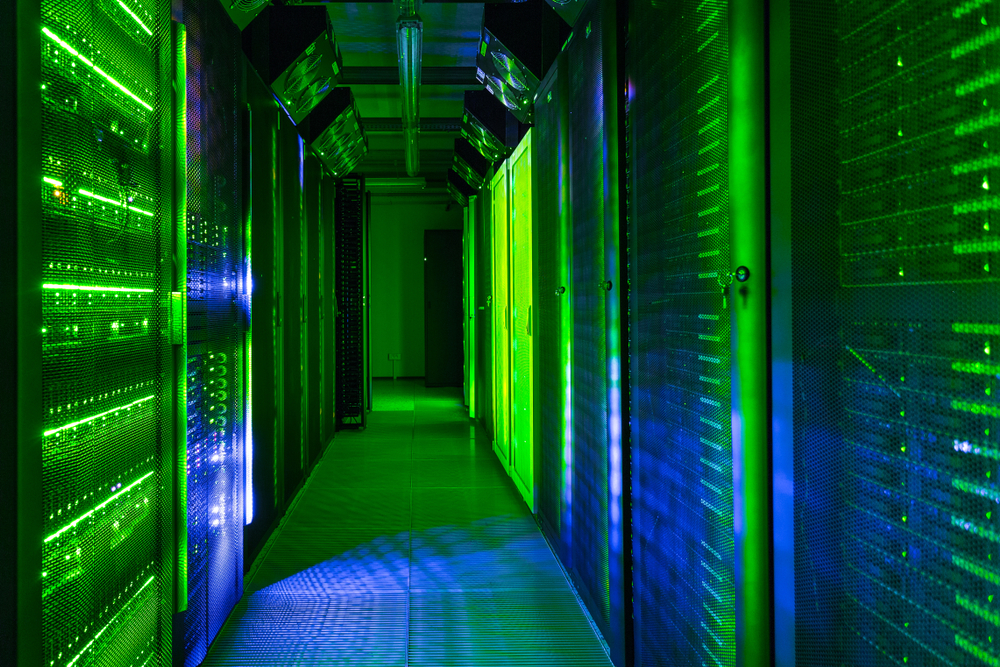Artificial Intelligence (AI) and Blockchain are two significant technologies that are expected to change the regional landscape in terms of demand for specialized skills. A computing system that uses AI can sense its working environment and can think about it, learn about it, and take action within it. In general, AI helps better business decision-making through faster human responses, automation of manual tasks, and creation of automated decision-making.
The huge growth in data volumes is putting pressure on all competitive businesses to find innovative ways of managing the growth in volume. This includes the need to classify data as well as to draw business insights from the data. Significant benefits from using artificial intelligence led technologies, have led global ICT research firm, IDC, to forecast that average Middle East and Africa spending growth will be 32% into 2021. Businesses will invest significantly in AI to grow the capabilities of employees in terms of productivity and efficiency.
Across the region, banking and finance organizations will lead the artificial intelligence adoption curve. Government, education, healthcare and manufacturing organizations will follow in the adoption and implementation cycle. Early use cases of AI will appear in defense, terrorism, investigation, government intelligence, automated customer service, fraud analysis and investigation. Innovation in development of use cases will be assisted by natural language processing, content aggregation, and machine learning.
The UAE has already adopted such systems in selective organizations including Emirates NBD and Department of Economic Development, Dubai through cognitive assistants Eva and Rashid. In October 2017, the UAE Government launched its UAE Strategy for Artificial Intelligence. The broad objectives cover: Transport – to reduce accidents and operational costs; Traffic – to reduce accidents and congestion; Health – to minimize chronic diseases; Renewables – to manage facilities; Technology – to increase productivity; Education – to cut costs and enhance desire for education; Environment – to increase forestation rate.
Blockchain technology on the other hand uses an open source platform and distributed computing architecture. It is a distributed ledger technology that drives any business that depends on high compliance standards of recording any transaction. Records of transactions on a blockchain ledger cannot be modified or hacked, making it suitable for the highest levels of national record keeping.
In April 2018, the UAE Government launched its Emirates Blockchain Strategy 2021, which aims to capitalize on the blockchain technology to transform 50% of government transactions into the blockchain platform by 2021. By adopting this technology, the UAE government is expected to save AED 11 billion in documents processing involving annual printing of 398 million documents and 77 million work hours. Adopting blockchain to secure digital transactions, allows the government to assign a unique identification number for its customers, pointing to their repository of documents and transactions.
So compelling are the use-cases that spending on blockchain solutions in Middle East and Africa in 2018 is expected to double over 2017, according to IDC. Technology spending on blockchain solutions will continue to grow into 2021 at an average growth rate of 77%. Regional governments have identified blockchain as a key enabler and will take the lead in adoption, followed by education, healthcare, financial services, distribution and other services.
Adoption of all these technologies with their compelling use cases requires specialized education at regional college and university, grass root levels. The recent One Million Arab Coders initiative launched in October 2017 by HH Sheikh Mohammed bin Rashid Al Maktoum, Vice-President and Prime Minister of the UAE and Ruler of Dubai, is a movement in this direction. This program seeks to help one million young Arab programmers develop their digital and coding skills of the future for areas like artificial intelligence, robotics, cognitive and biological sciences, and programming.
By developing skills of the future today, forward looking nations are building employment opportunities for their youth, while ensuring the same nations prosper economically through the foundation of innovative technologies.










Discussion about this post